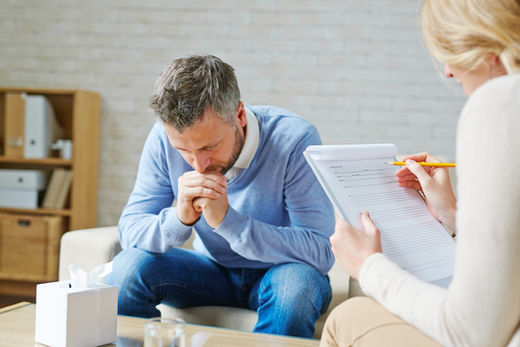Couples
Therapy



How can Couples Therapy help?
Couples therapy can help people in all types of romantic relationships— regardless of sexual orientation or marriage status. Some couples seek therapy to strengthen their relationships, gain a better understanding of each other, and iron out differences before the next step in the relationship. In other cases, couples seek therapy to work on their strained relationship. Our therapists can also help navigate issues such as ethically non-monogamous relationship conflicts and creating boundaries. You can use couples therapy to help with many issues, including:


We work with All Couples
At ABC Counseling, Inc. we want you to know that our therapists offer counseling for individuals in all kinds of interpersonal relationships including: monogamous, ethically non-monogamous, kink-identified, and LGBTQIA+. We want to give specific attention to alternative relationship therapy because we understand that the normative language of “couples therapy” is limiting and does not apply to all romantic relationships.





What to Expect for Your First Session.

To get the most out of couples therapy, you and your partner(s) should discuss shared goals—what are you struggling with, do you both want the same things in life, etc.
When you meet the therapist for your first session, you and your partner(s) will be there together. Typically, couples therapy begins with some standard interview questions regarding the history of your relationship, background in each partner’s life and family of origin, your values, and cultural backgrounds. The therapist will want to know the main goals you all have for attending these sessions.
Should you choose to have your sessions via Telehealth you may want to consider where you will do your sessions. We suggest choosing a quiet and private space where everyone involved in the relationship can easily participate, and feels free to join the conversation.
There may be times (for example, in an individual session or an email/text) where you might want to reveal something to your therapist that you do not want shared with your partner(s). However, if they are to effectively serve you as a couple, they cannot hold a secret in this way. Instead, they will urge you to discuss secrets you have shared with them with your partner(s). If you do not, and in their clinical judgment this secret could be negatively impacting therapy, they may feel it necessary to share it in a couples session. Thus, if you feel it necessary to talk about topics you are unwilling to have shared with your partner(s), you might want to consult an individual therapist. This “no secrets” policy is intended to help your therapist be transparent with both partners at all times, and to avoid being put in a situation where they would have to terminate couples treatment.
How to Prepare For Couples Therapy
Go in with an open mind. You probably have a set way that you think the therapy should go, because most of us do, but be open to it happening differently than you first pictured. Keep in mind that it will take time for the therapist to get to know you and your partner(s) and to understand some of the ins and outs of your relationship(s).
Accept that it is all about change. Not only changing your partner(s) behavior, but changing your own as well. It takes two people to make a relationship, and it takes two people to change a relationship.
Make the commitment. Not just with the time but with the process. Sometimes it can take a few months of attending therapy consistently to begin to judge the progress you’re making. It is also important to commit to following through on the process; taking what is said and learned in your sessions and applying them outside of the therapy room.









